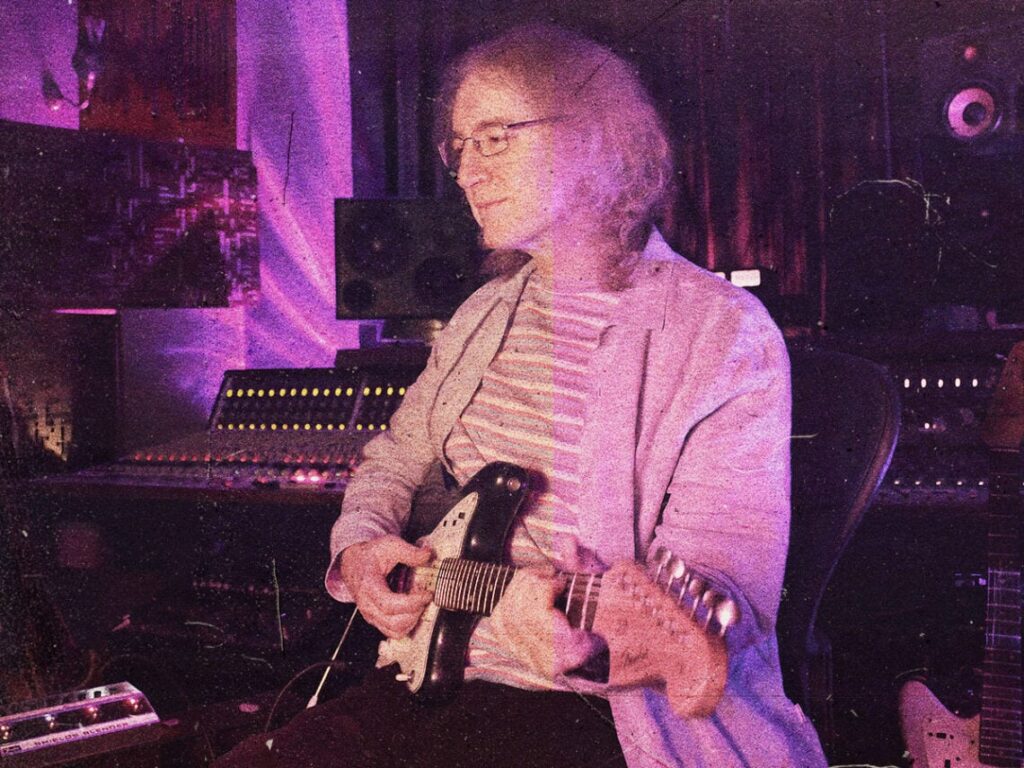Kevin Shields believes Britpop was “pushed by the government”
 Posted On
Posted On
(Credits: Far Out / Anna Meldal)
The 1990s provided alternative rock with its heyday. New forms of guitar music were allowed to thrive and even found their way into the mainstream. The likes of Nirvana and Soundgarden pioneered grunge in the United States, while Oasis and Blur’s battle of Britpop dominated the press in the United Kingdom.
For its wider appeal and commercial viability, the latter would come to overshadow and undercut another budding subculture: shoegaze. While the more melodic Britpop pushed its way into the charts and hearts of British people, the fuzzy walls of noise being created by shoegaze bands struggled to find similar success.
The entire country celebrated Britpop, but only the shoegaze scene would celebrate itself. Though the genre has since had a revival, and the original bands would gain cult followings in the years to come, the likes of Slowdive, Ride, and MBV would never attain the same fame as Blur or Oasis. As shoegazers maintained their stares firmly downwards, Britpoppers broadened their horizons.
The term came to mean more than just a musical genre, pushing its way into fashion and even attracting the attention of the Labour government. Amidst the Cool Britannia movement, the optimism of the Britpop sound seemed to go hand in hand with the image New Labour hoped to create. The party garnered the support of leading genre figures such as Noel Gallagher.
Kevin Shields, one of the founding members of seminal shoegazers My Bloody Valentine, once even suggested that the government were instrumental in pushing Britpop’s wide-spanning success. Speaking with The Guardian in 2013, the guitarist apparently reacted “angrily” to the topic of Cool Britannia and declared, “Britpop was massively pushed by the government.”
“Someday it would be interesting to read all the MI5 files on Britpop,” he continued, “The wool was pulled right over everyone’s eyes there.” While most people saw Cool Britannia and the rise of Britpop as a natural phenomenon born out of newfound cultural pride and optimism, Shields believed it to be a more well-orchestrated affair.
It’s unsurprising that Shields would harbour some slight bitterness towards Britpop as, whether through the government’s involvement or not, the movement became the decade’s dominant form of guitar music over the budding shoegaze scene. Proving his dissimilarity from his Britpop contemporaries, Shields declared that, unlike Gallagher, he would only have visited 10 Downing Street “on condition we could play a song.”
While it’s easy to imagine Blair bopping along to ‘Parklife’, it seems much more difficult to imagine him enjoying the distorted drones of ‘When You Sleep’ or ‘Only Shallow’.
[embedded content]


